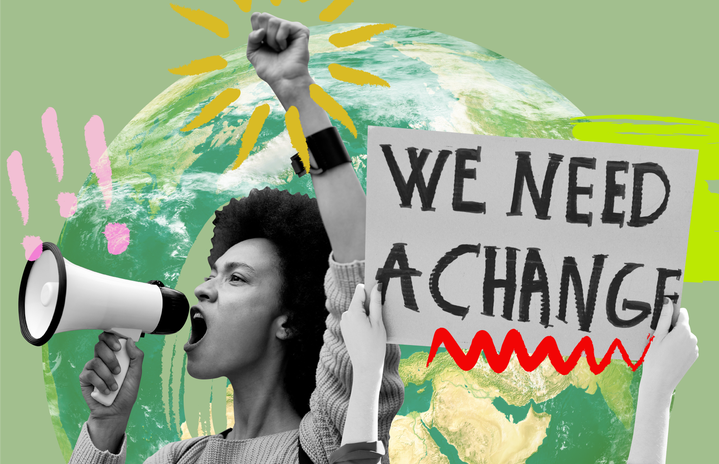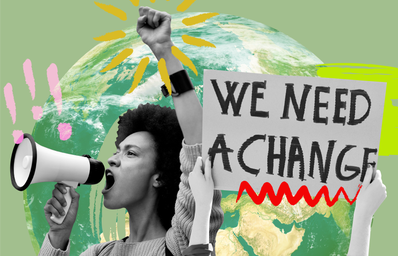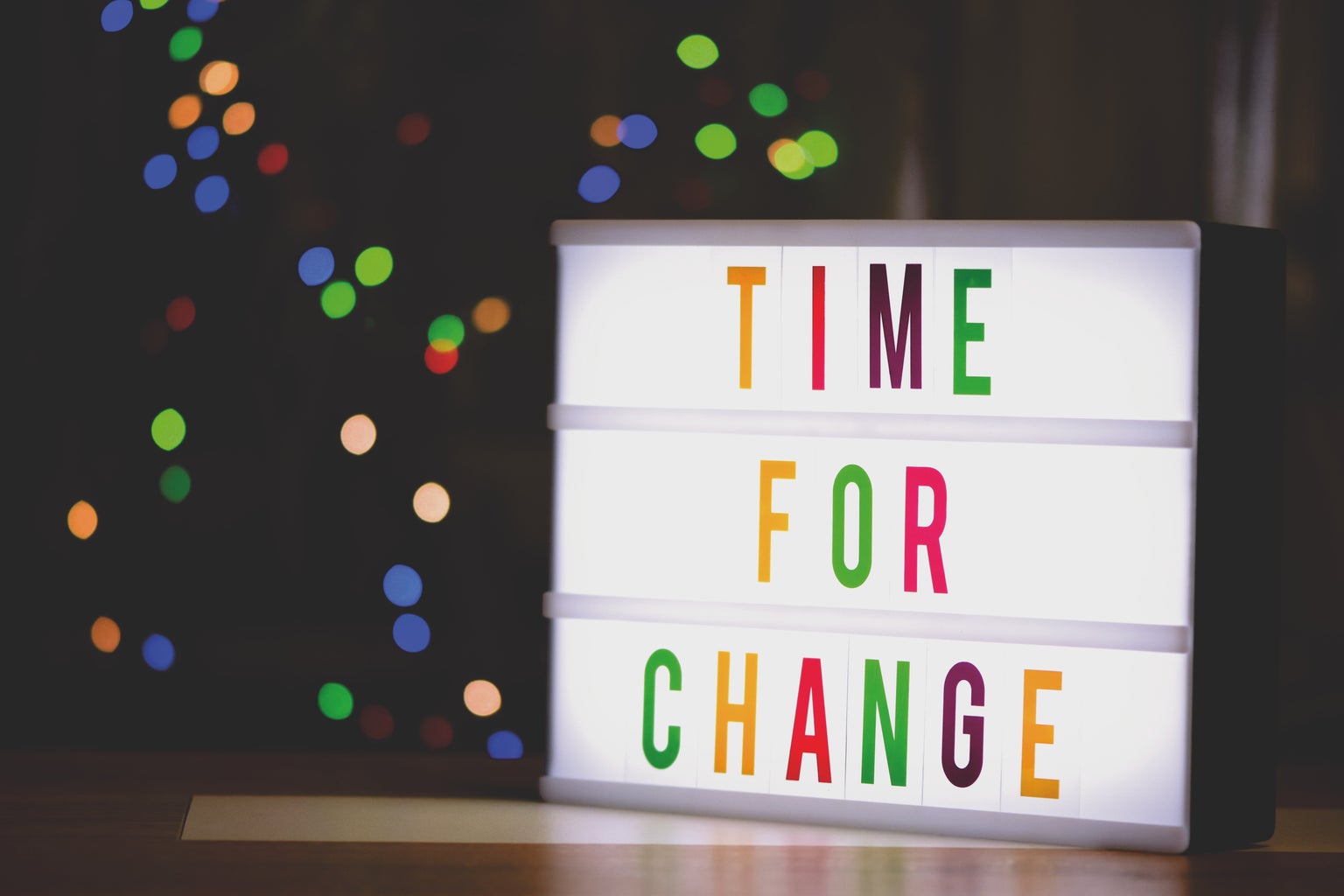In a world where so much happens at once, sometimes we have no idea how we can effectively help others. But in reality, but there are so many small ways we can make a difference! Throughout the last few years with the pandemic, wars, and other inequities and injustices occurring, I felt helpless because I felt like there was nothing I could do to help those affected by these huge issues. However, as cheesy as it sounds, everything we do matters and can impact the world.
There are three things that factor into the ways in which we can make a difference. First is spreading awareness — this can be by informing your friends and family about the problems along with where they can volunteer, donate etc. Educating others is vital so that more people can be knowledgeable about the issue(s). So while it may seem like sharing a post about an animal shelter needing volunteers, it can actually be quite helpful. Second is donating time — if you have spare time, there are so many things you can do — some are more time intensive but others offer more flexibility! Volunteering is not only good for an organization in general but also for yourself as it’s been proven to improve individual’s mental health. Third would be donating money — mostly all organizations rely on donations to help serve their designated population. And truly, anything helps, so if you can spare even five dollars, you’re making a difference because it all adds up!
Since I unfortunately can’t cover all areas that need help in the world, I have highlighted a few within a community I’m familiar with:
I had the opportunity to work with an amazing organization during my junior year of college in my Praxis Lab. The Inn Between provides hospice care to individuals who are experiencing homelessness, so that they can receive hospice care and have a dignified death. My class was going to hear some of their stories and gather donations for them, but since it was during COVID we didn’t have the chance to volunteer in person. But they have volunteer opportunities available now and accept donations as well!
The Food Justice Coalition advocates for individuals experiencing homelessness and marginalized communities offering support and resources, including plant-based meals. They also take donations and need volunteers to help with making meals and distribution! Utah Animal Rights Coalition (UARC) also works with the Youth Resource center to cook and serve vegan meals to youth experiencing homelessness — you can sign up to volunteer and the time requirement is 2.5 hours; if you’re looking for something you can do with minimal spare time, this is a great choice. The Road Home also relies on volunteers and donations, and even if you cannot donate money you can donate clothes, shoes, hair products, hygiene products, underwear, food, etc.! And if you can’t volunteer or donate right now, inform your friends and family about these organizations so maybe they can!
Personally, I’d love to foster after I graduate. Over the last couple of years, I’ve found some amazing accounts with information about fostering on Instagram (@foster.parenting & @fostertheteens) One thing I learned from these accounts is about the opportunity to be a CASA — Court Appointed Special Advocates. Basically, you are assigned 1-2 children and you meet with the child weekly, meaning you get to know them and gather info from their family, teachers, doctors, foster parents, etc. About every six months you prepare a report with help from your supervisor to share recommendations for the child’s care (ie, if you notice the child may need more support in school, you can advocate for an IEP). It’s an amazing way to help children in the foster care system who may slip through the cracks since many social workers are overworked and may not be able to gather as much individual information for each of their assigned cases. It typically takes about 15-20 hours a month. Being a CASA is a great way to prepare if you want to foster in the future! As with other issues, spreading awareness is key — follow the accounts listed above, educate yourself, advocate for foster youth, and share with your family and friends!
I adore animals — I have three dogs and two cats that keep me busy and I’m so grateful for them. Thousands of animals don’t have homes and may never get one, so I would recommend fostering animals as well! I always wanted to foster and this spring my family did so and it was a wonderful experience. There are so many amazing organizations within Utah that desperately need fosters right now due to overcrowding in shelters. If you have ever considered fostering, now is the time to do so! Here are some brilliant organizations that need fosters: @rescuerovers, @cawsanimals, @ruffpatchrescue, @nuzzlesandco, @utahvalleyanimalrescue, @arcticrescue, @saltlakecountyanimalservices.
Most rescues will cover medical and food/toys/crates and you just provide a place to stay, walks, and love! If you’re unable to foster, another great way to help is to do the Hounds Around Town program through the Salt Lake County animal shelter — you can take a dog out of the shelter for a few hours to go on a walk or hike, to get a puppucino, or to pick out a new toy! If you’re interested in this program, you can find more information on https://slco.org/animal-services/get-involved/foster/ .
Many rescues will also accept monetary donations to help provide medical care, food, enrichment, immunizations, spay/neuter, and crates for the animals! There are also several animal sanctuaries within Utah that rely on volunteers, such as @clementineranch or @sagemountainsanctuary. Or if you’re in Southern Utah, @bfas_ut in Kanab! An easy way to help is to share posts of rescues that need fosters or to share adoptable animals or attend rallies to help protect animals within UT (during legislative sessions, or currently there are protests happening to ban the use of gas chambers)!
Lastly, if you’re looking to help the environment, there are several ways to do so. There is a variety of simple actions we can take each day to be more eco-friendly, whether it’s using reusable or eco-friendly products, buying in-season fruits and vegetables, eating plant-based, thrifting and shopping secondhand, or donating clothes or items you have in your home that you no longer use. You can also plant pollinator-friendly plants or trees within the community, or have a community garden! Spreading awareness can be as simple as sharing your favorite eco-friendly products, favorite vegan meals, or going to protests!
Sometimes it’s hard to see how our individual choices make a difference, but they do and I promise that anything you do to help the world will make an impact and create a ripple effect. Please keep working towards change and bettering the world!



